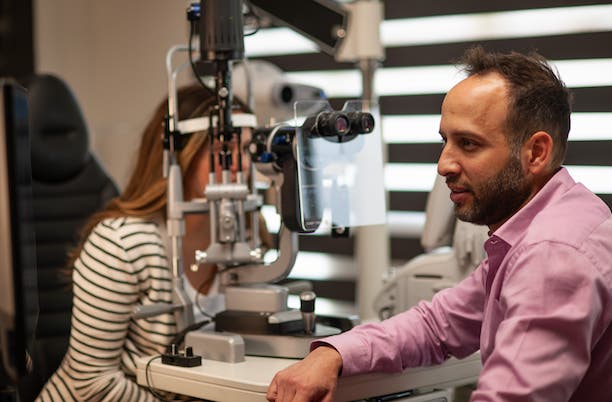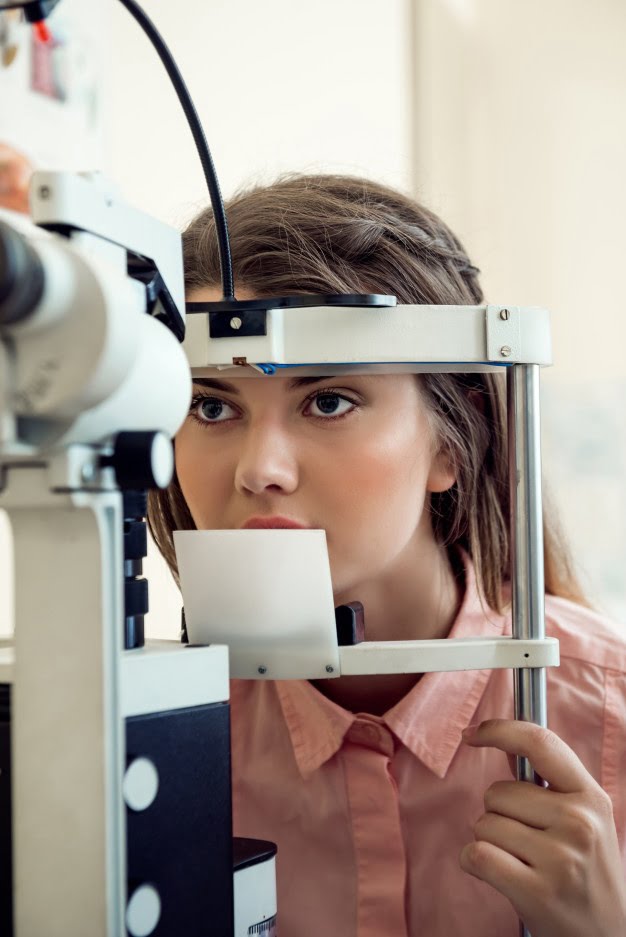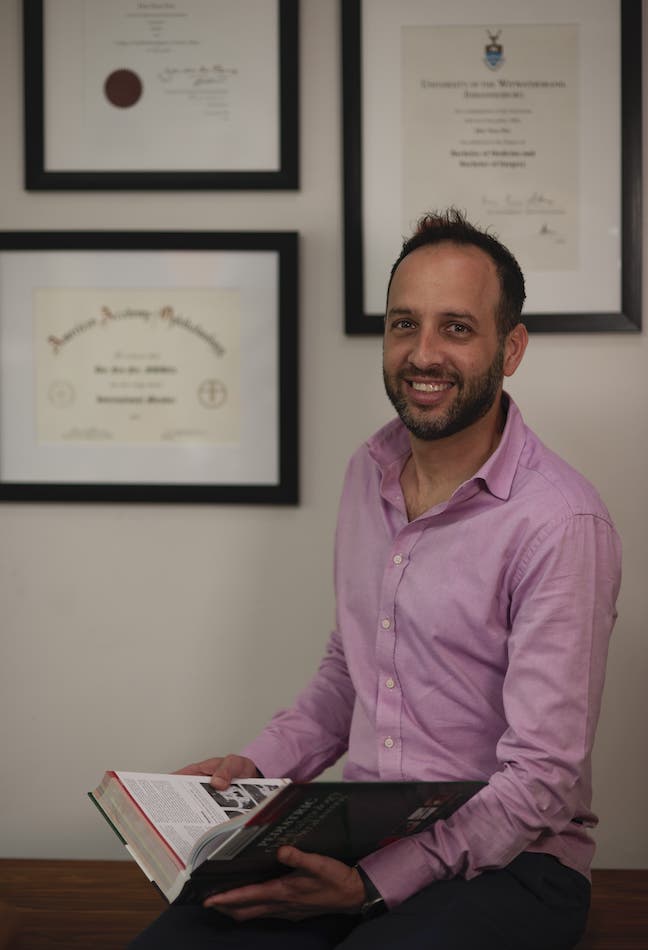Vision problems are common among a large portion of today’s society. Recognising the signs and symptoms of some of the most common eye conditions can go a long way in preventing them from occurring. Many of us are not proactive when it comes to our eye health. Dr. Dory Neu-Ner is an ophthalmologist that believes in taking care of our eyes to protect our vision. This will make performing everyday tasks much easier.
We need to practice preventative care by having routine eye exams done by Dr. Neu-Ner in order to diagnose any vision problems early. Good eyesight improves the overall quality of life. It contributes to a huge part of our non-verbal communication, improves our learning and comprehension, and is an important part of our health in general.
Your eyes, like many other organs in the body, can lose their full potential if not taken care of properly. They are subject to injuries and stress that can bring on eye diseases such as glaucoma, macular degeneration, cataracts and more. The good news is that many of these eye disorders or diseases can be effectively treated with early diagnosis and specialist input from an ophthalmologist.

Other conditions and symptoms Dr. Neu-Ner diagnose and treat can also include double vision, reduced colour vision, and visual loss, strabismus, thyroid eye disease, cataracts, glaucoma and more.
Because your vision is a part of your brain function, Dr. Neu-Ner is able to evaluate your whole neurological system and investigate using imaging of the optic nerve, retina, and other imaging of the eye, as well as MRI brain scans. As an ophthalmologist, he will do a thorough eye exam that will include the following:
- Examine your eyes with a slit lamp microscope – this involves a bright light that will give him a closer look at the inside of your eye and its structures. The slit lamp microscope is effective in detecting eye diseases.
- Test the movement of your eyes and your vision – Your eye doctor will make you stare at an object in front of you while they move it side to side and up and down.
- Check your colour and field vision – visual field tests measure how far your eye sees in any direction without moving. A colour vision test will entail you looking at a series of test cards each containing a multi-coloured dot pattern.
- Perform a partial or complete neurological exam – this will test coordination and strength and involves a combination of ophthalmic and neurologic techniques to assess things such as your neurologic status, vision, ocular motility, pupillary function and eyelid orbits.
- Review past scans that you may have brought along with you – past scans will save time and give your Dr. an overview of your medical history. It will help them make a more informed decision about your eye health
- Assess your eye pressure – this necessary test is typically performed at every eye exam and is called tonometry. It measures pressure by direct contact with the eye.


